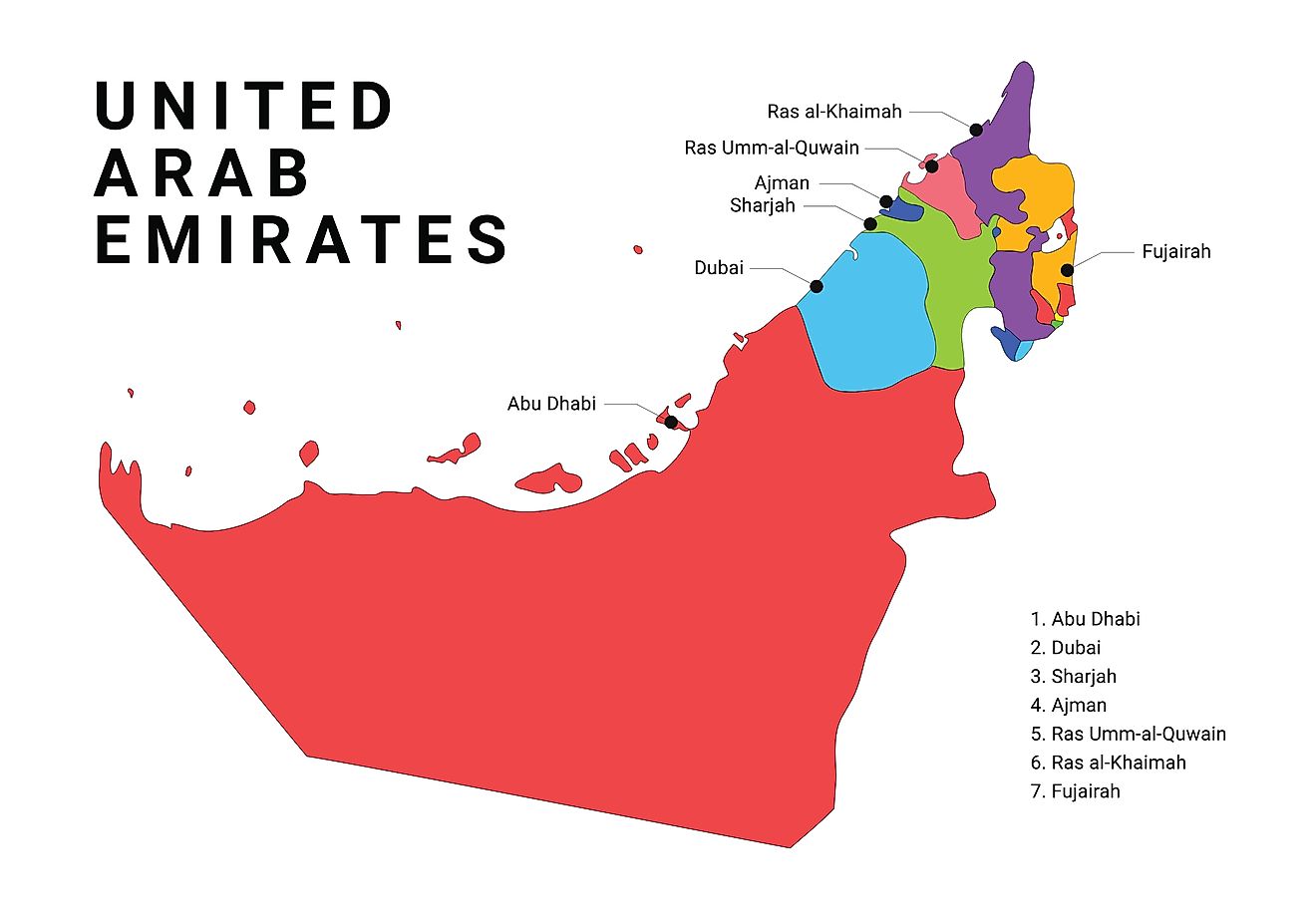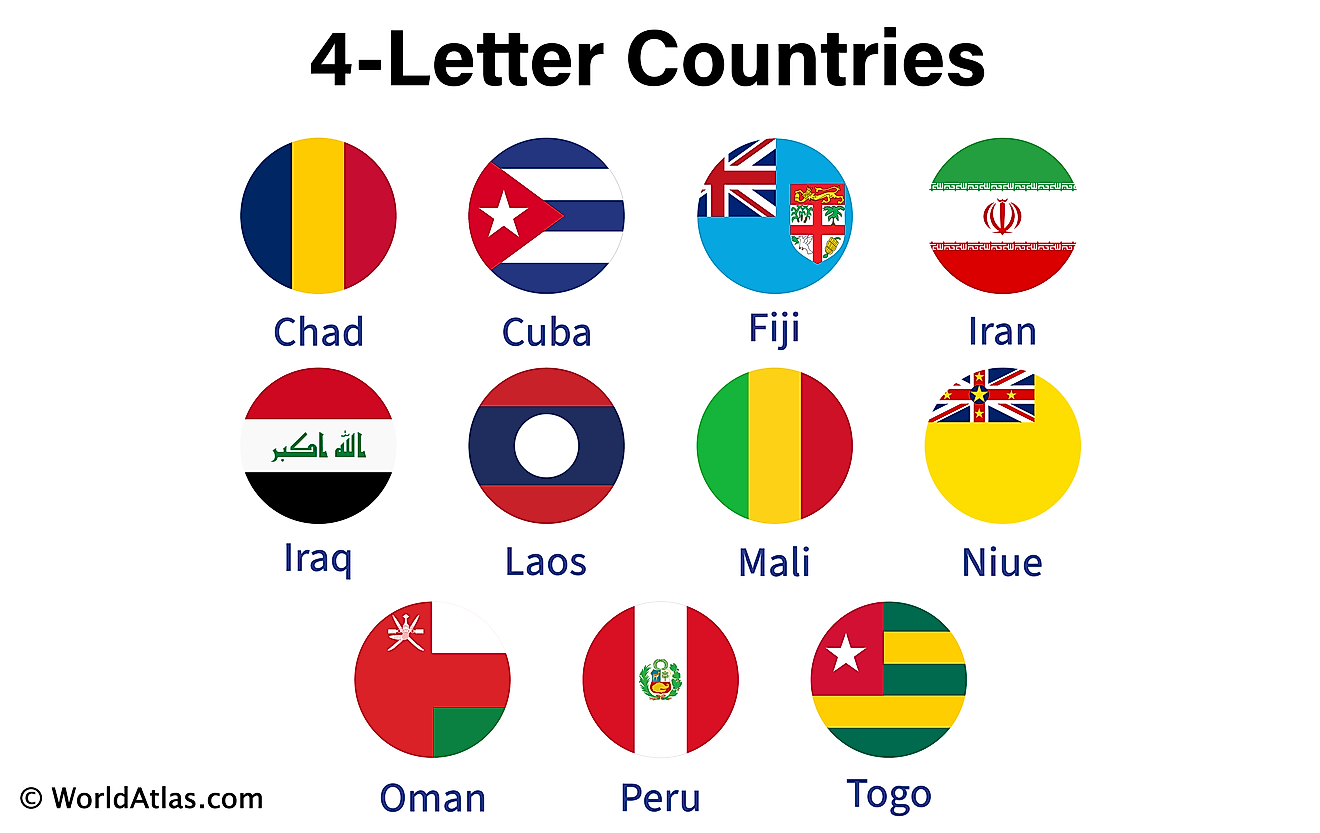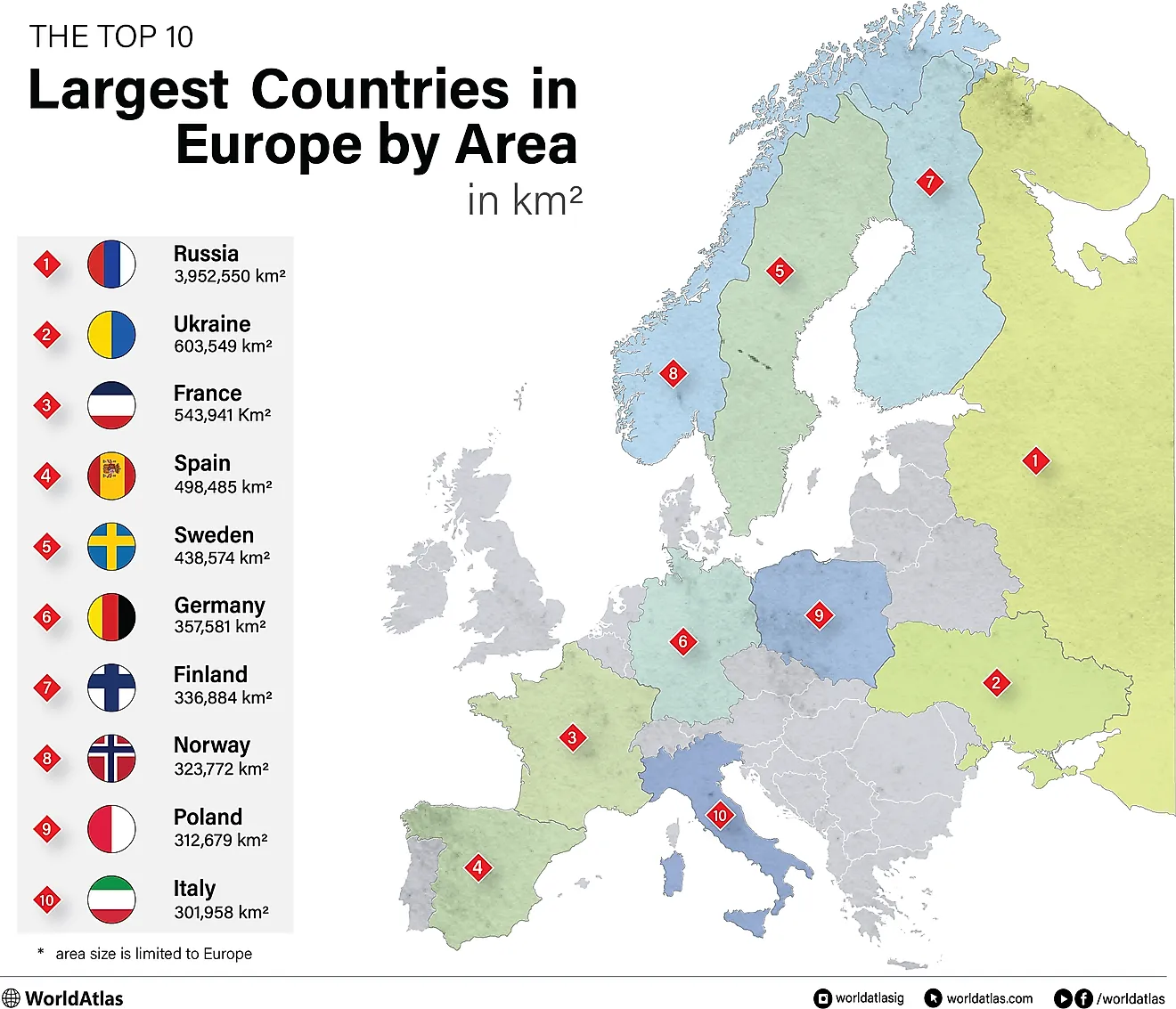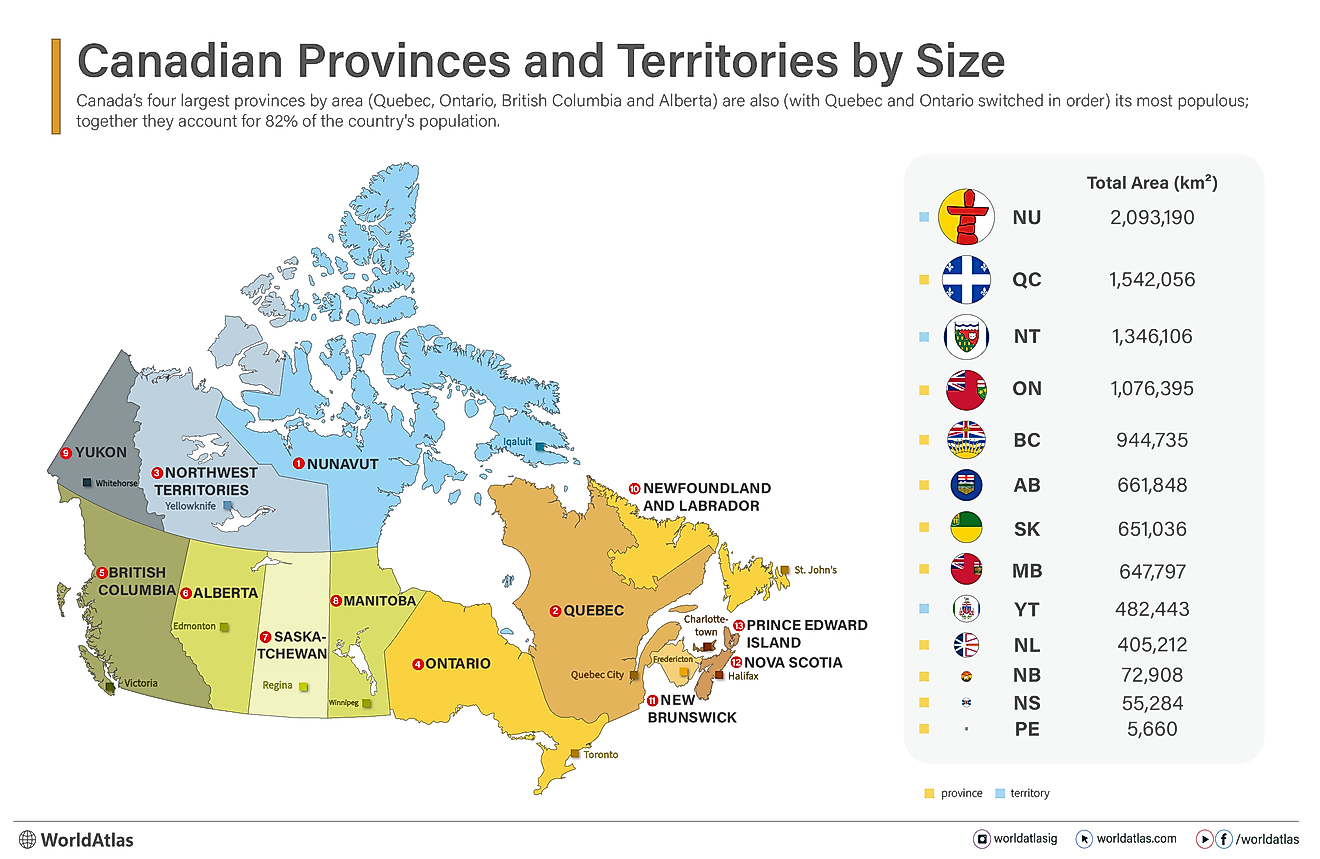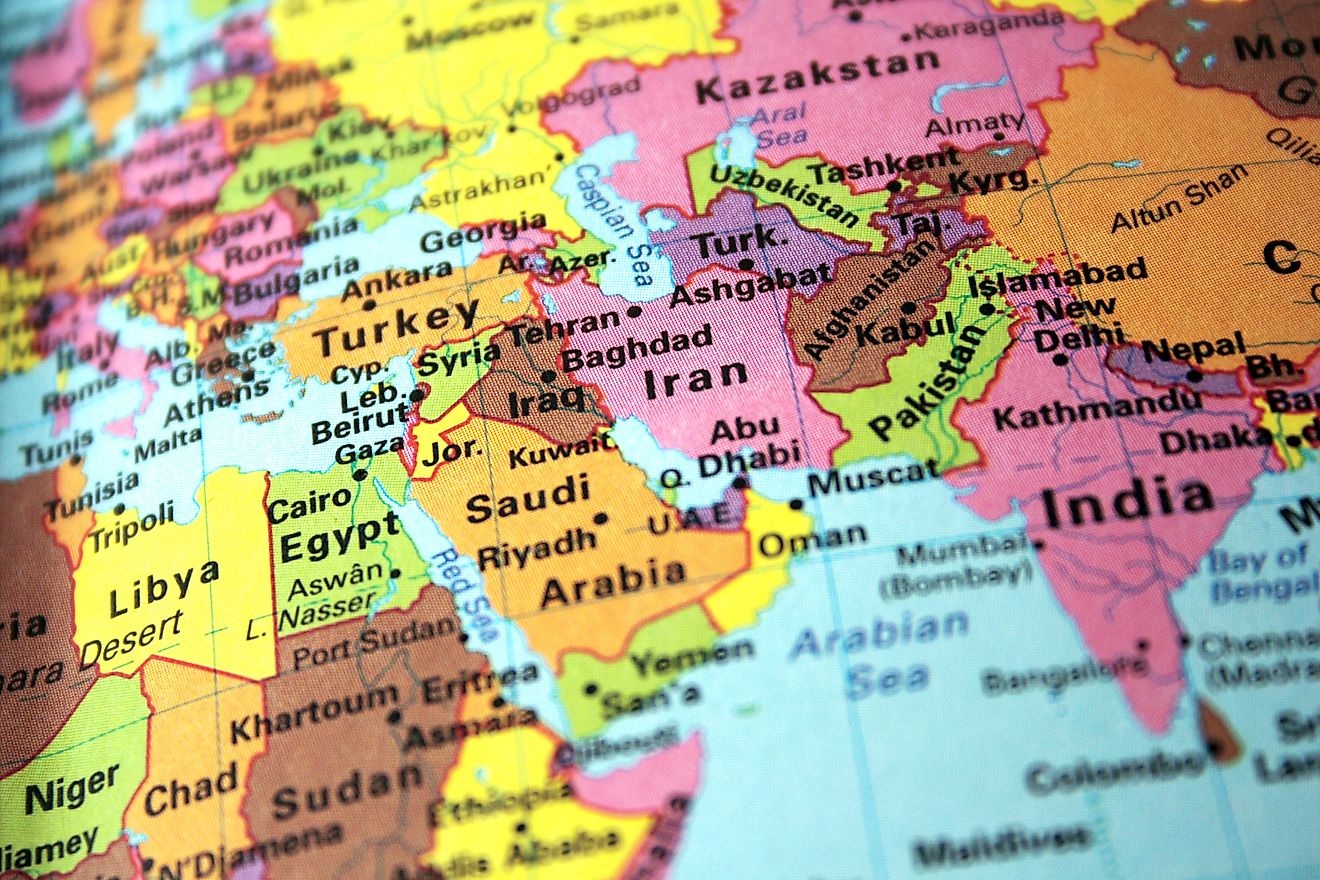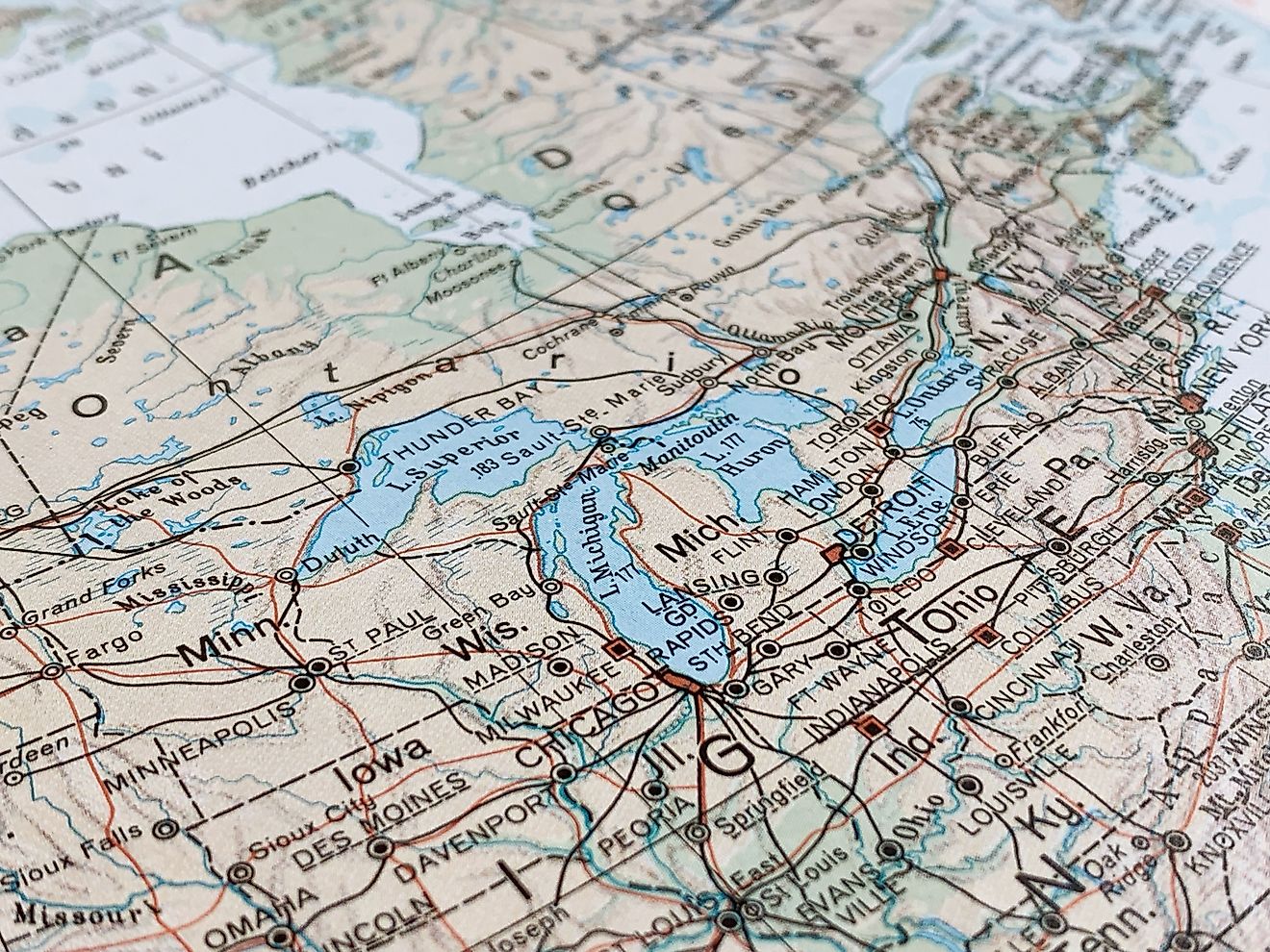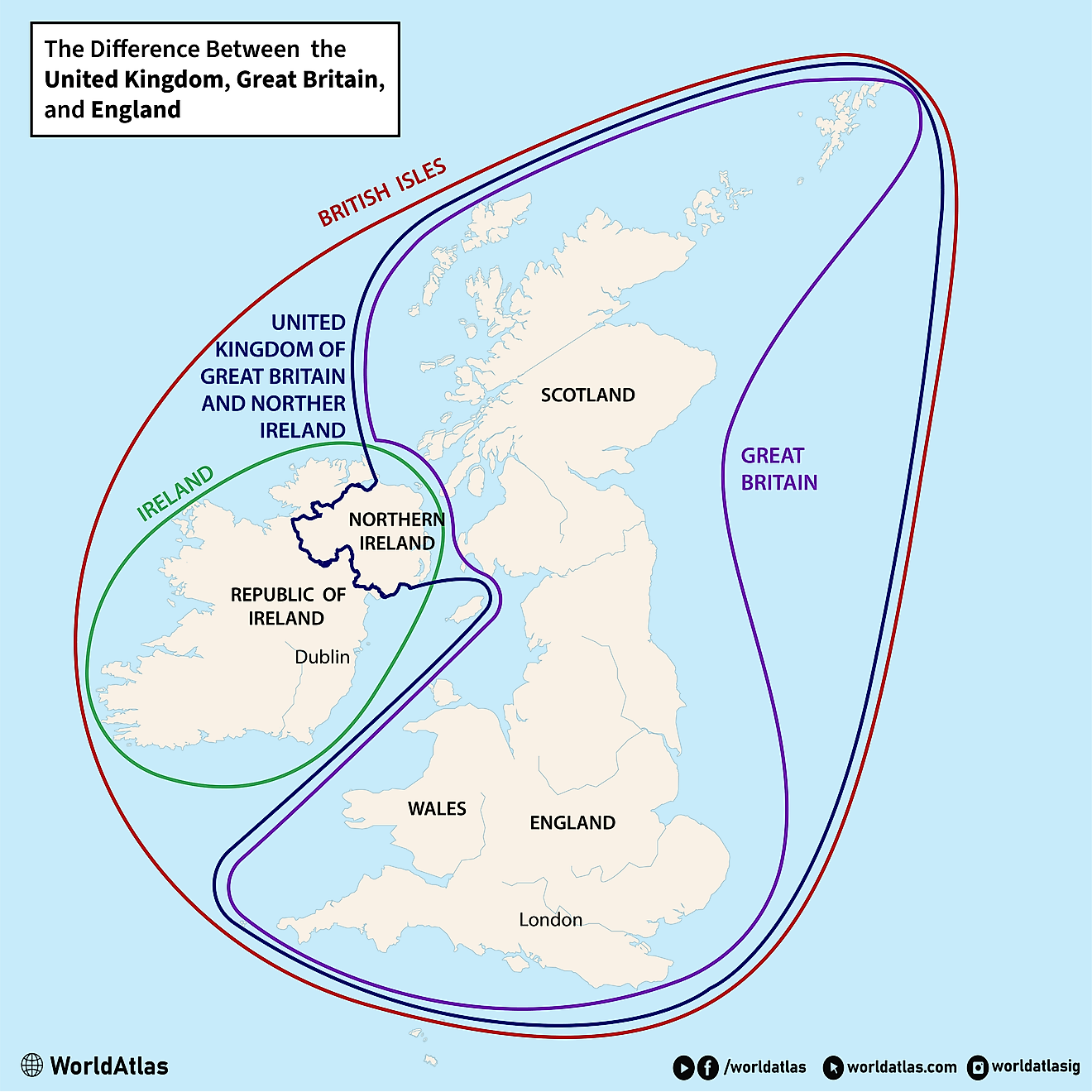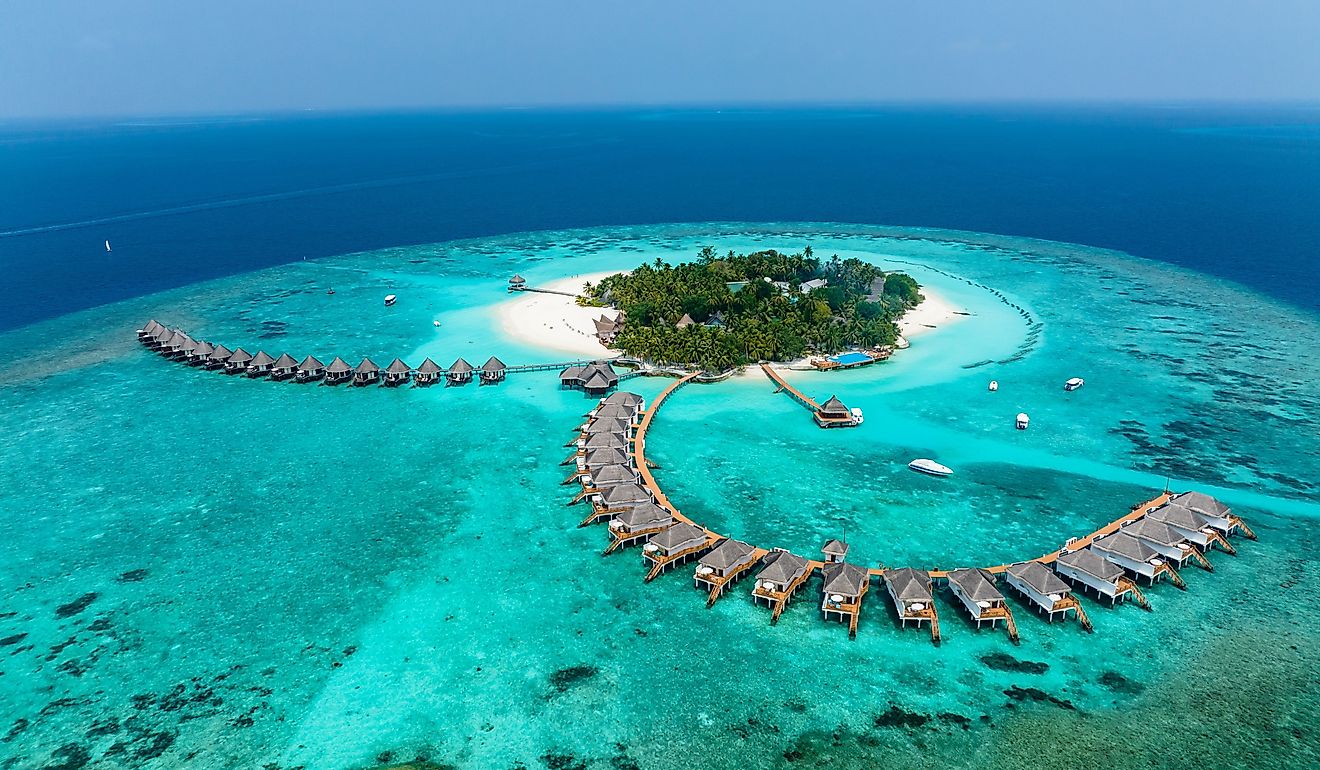
Countries That Start With The Letter H
Out of the world's 195 countries, there are only 3 whose names start with the letter "H." However, even though the sound "H" starts the names of only three countries in English, this same sound is used in roughly 56% of all languages!
Additionally, in English, the "H" sound appears in about 5.92% of all words, based on research from Cornell University. The tales of how these countries adopted the name, and each name's meaning, are journeys through culture and time.
The Three Countries That Begin With The Letter A
| Country | Population | Land Area |
|---|---|---|
| Haiti | 11,724,763 | 10,714 mi2 |
| Honduras | 10,593,798 | 43,278 mi2 |
| Hungary | 10,156,239 | 35,918 mi2 |
Haiti
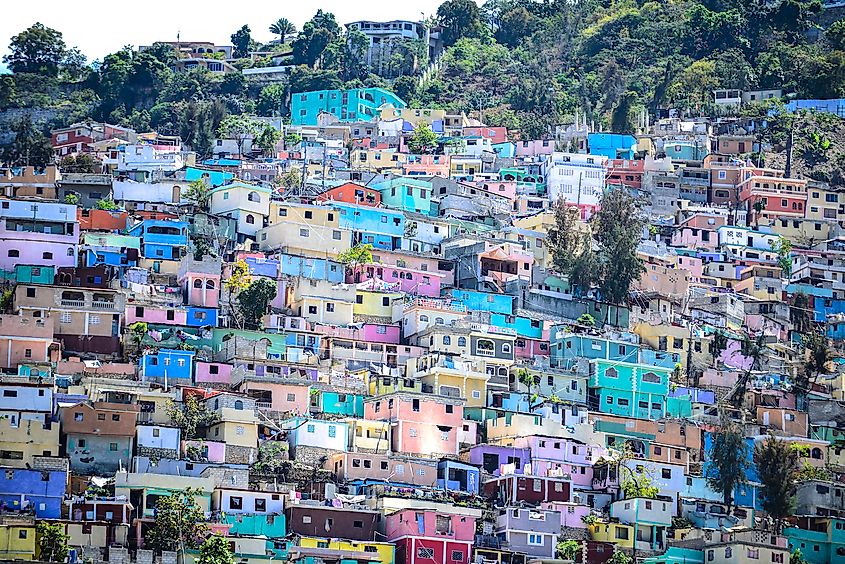
Haiti's name comes from the indigenous Taíno name for the island which translates into "land of the mountains". Hati is located on the island of Hispaniola, one of the first places in the Americas that was sighted by Christopher Columbus.
Its only neighbor, the Dominican Republic, shares the island and can be found to the east of Haiti. The climate of Haiti is typical for the region. It experiences large amounts of sunshine and suffers from extreme storms during the rainy seasons. Haiti is also famously located along a faultline and is home to frequent earthquakes.
Culture
Haiti was a French colony for much of its early history. Despite being so small, the island was one of the most profitable colonies it had thanks to the enormous amounts of slave labor that had been imported onto the island from West Africa. Cotton, sugar, and tobacco were all grown there.
In the early 1800s, a massive slave revolt took place and for the first time in history, a slave population overthrew its masters and established an independent state. Despite throwing off French control, the French language and culture remain a large part of Haitian identity.
Economy
Haiti is the poorest country in the Western Hemisphere. With little in the way of industry and manufacturing, the Haitian economy relies heavily on the agricultural sector. Coffee and sugar are some of the main exports.
Attempts have been made to try and open up the country to tourism but corruption and rampant gang violence have halted any kind of progress that was made previously. Only time will tell if Haiti is able to diversify and change its rather bleak economic output.
Honduras
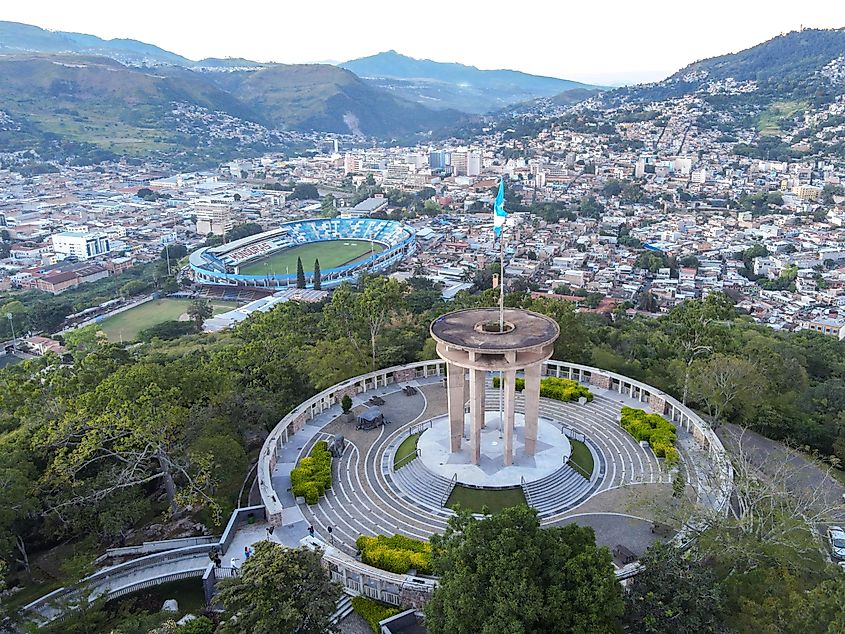
The term “Honduras” literally translates to “depth.” This name was given to the area by none other than Christopher Columbus during one of his voyages in 1502. He named the region Honduras for the deep waters along its coastline.
Honduras is situated between El Salvador, Guatemala, and Nicaragua. Honduras has a relatively large population for its size but the majority of its citizens do not live in cities but rather inhabit the small towns and villages that exist in the interior.
Culture
Honduras, of course, has a very deep cultural tie to Spain. It was a Spanish colony for centuries and has adopted many of its cultural practices. Namely the Spanish language and Catholic faith.
However, despite the best efforts of the early Spanish conquistadors, the Indigenous peoples of Honduras have done a remarkable job at retaining large parts of their own way of life. The indigenous culture of Honduras is most strongly felt outside of the major cities.
Economy
Agriculture, fishing, and tourism are the mainstays of the Honduran economy. Agriculture used to make up as much as 60% of the country's economy as recently as 1999. Recent government initiatives have made Honduras much less reliant on its farming and have focused on attracting wealthy tourists primarily from the United States and Canada.
Hungary
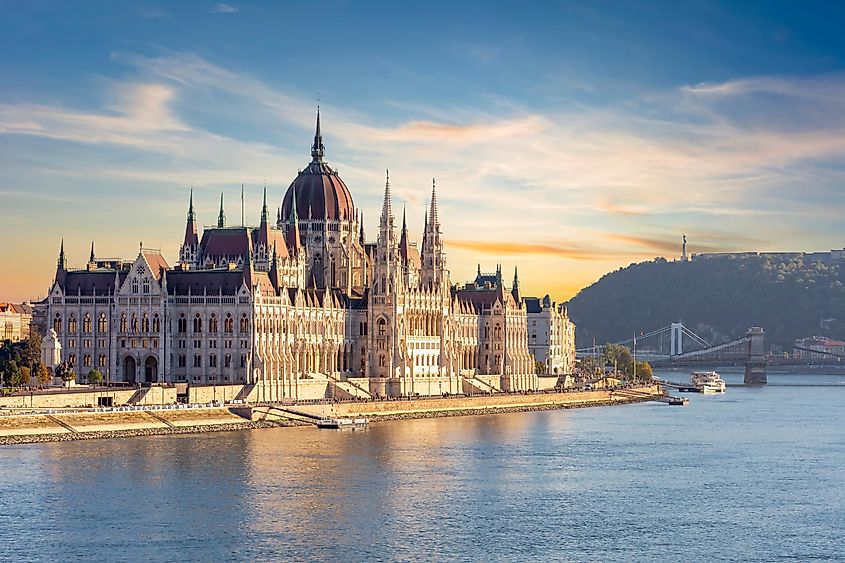
Hungary gets its English name from the Latinized pronunciation of the word Hungari or Ungri. This was common in the Medieval Period and has seemed to have stuck. The Hungarians themselves refer to their own country as Magyarország.
This name comes from the Magyars, the people who settled the region sometime in the 9th century AD. Likely originating from Central Asia, the nomadic lifestyle persisted in Hungary much longer than in other parts of Europe.
Culture
The Hungarian language and culture is incredibly unique among other European countries. Their language is one of the only three Uralic languages on Earth. With very little in common with other languages, Hungarian is considered to be one of the hardest languages to learn.
Hungarian culture is an interesting mix of Slavic and Central Asian. While there are certainly similarities to other countries in the region in this regard there are still many things that make them stand out. Hungary is also heavily Catholic instead of Orthodox like their southern neighbors.
Economy
Like many countries in Eastern Europe, the collapse of the Soviet Union spelled economic calamity for much of the 1990s. Despite major setbacks, Hungary was able to bounce back and begin to develop a robust and modern economy that could compete with others in its region.
The Hungarian economy is largely focused on agriculture, something that is not very common for developed countries to do. The Hungarian agricultural sector is one of the fastest growing in the agrarian sector in Europe. In the last 50 years, the sector has grown by almost 50% and created an additional 700,000 jobs
Conclusion
As of today, there are only three countries on Earth that begin with the letter H. Two of them are in the Americas, while the other is in Europe. Each of these places is vastly different from one another and each brings something special and unique to the table.
